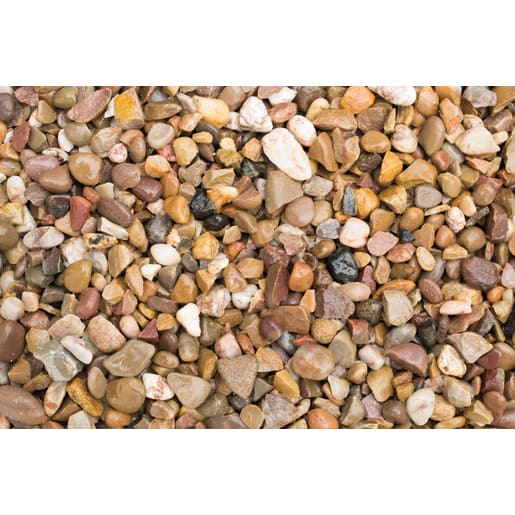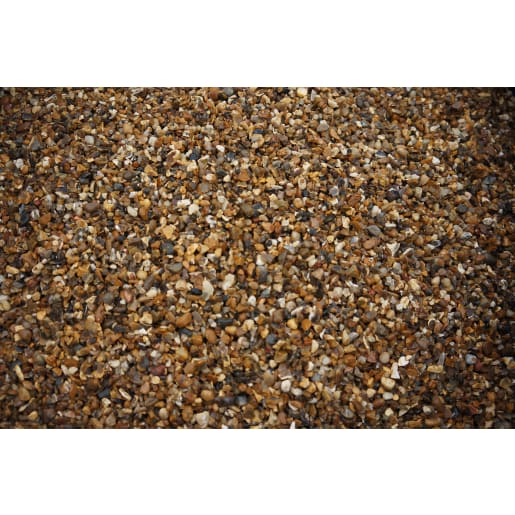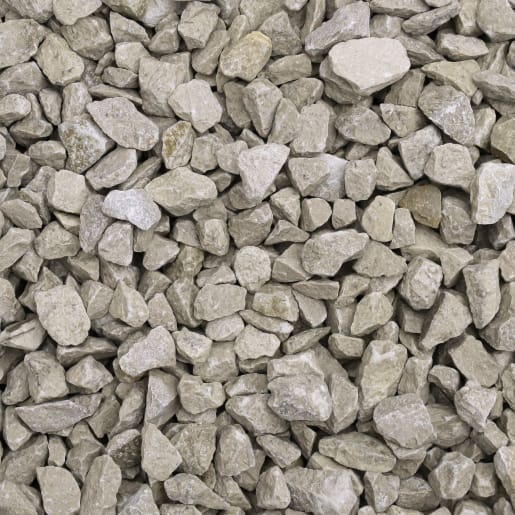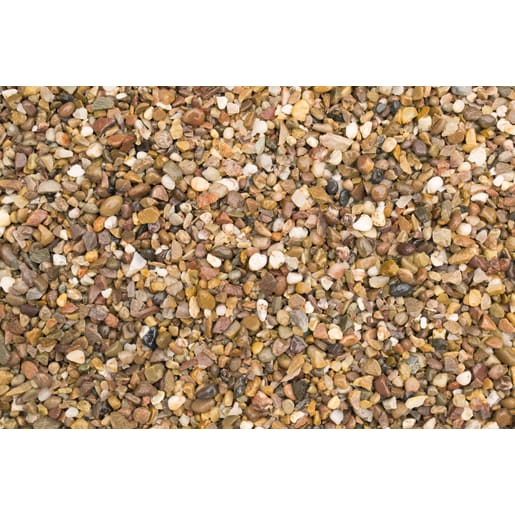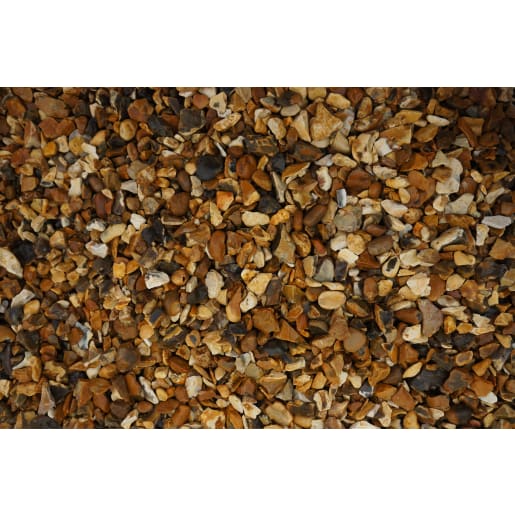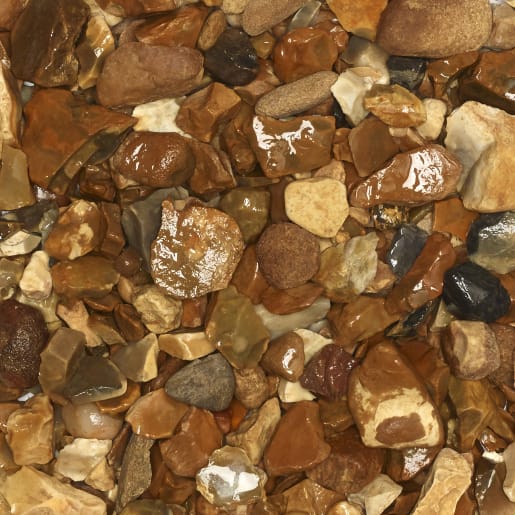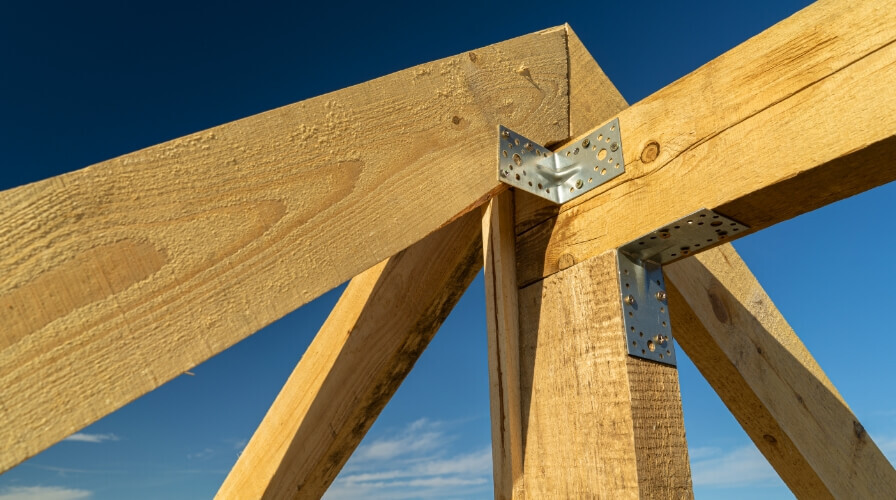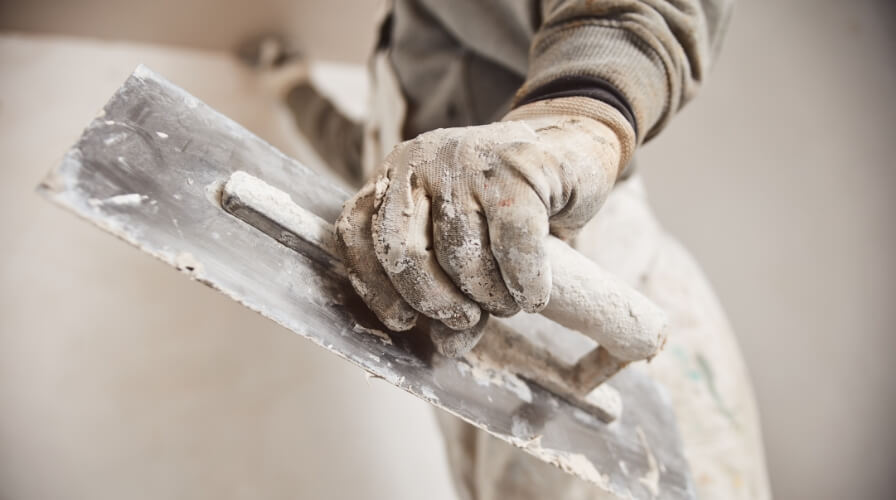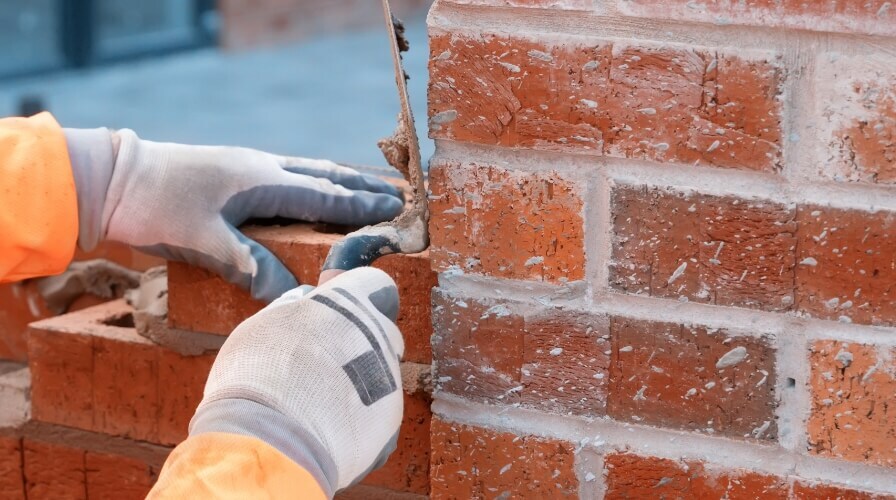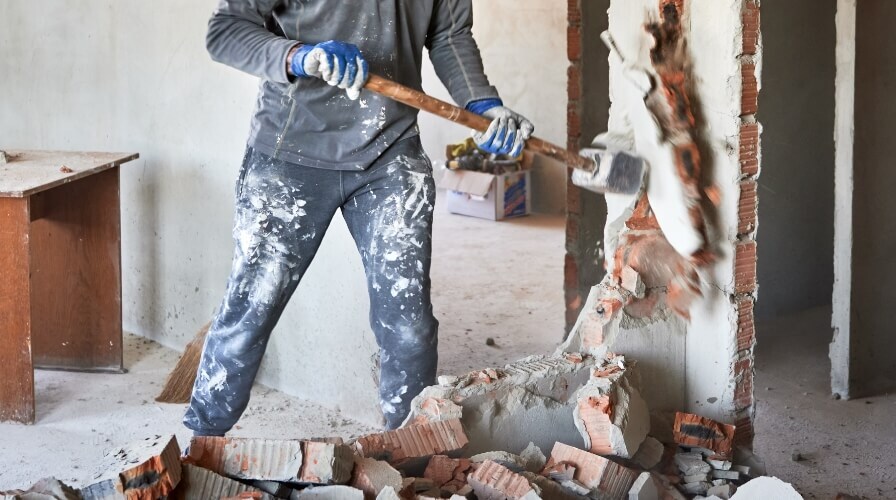How to choose your driveway aggregate colours
Driveways need to complement the home you’re working on and its surroundings. Darker stones will hide any dirt or dust accumulating over time, but spraying water on a gravel driveway at least once or twice a week is still recommended.
White aggregates need to be regularly maintained to prevent stains from car tyres. On the other hand, cream and golden-coloured aggregates like jersey shore gravel look stunning against darker brickwork.
The good news is there are many aggregate colours to choose from. This allows you and your customers to be creative and design the driveway that best works with their property and personal tastes.
Benefits of using an aggregate for driveway
There are many benefits to choosing aggregate for your next driveway project:
- Low maintenance – Laying down a fabric membrane under the gravel prevents weeds growing. A simple rake, where necessary, will keep the stones compact.
- Easy to install – Gravel surfaces are easy to lay and can be enjoyed immediately.
- Excellent durability – The performance of gravel driveways isn’t affected by the weather. They can last for decades if cared for properly.
- Improved drainage – If the rain does pour, water moves more quickly through the stones than it can through soils and other materials. This prevents puddles from forming on the surface.
- Enhanced security – Loose aggregate provides a distinct crunching sound, so it’s easy to hear if someone is on the property.
- Cost-effective – Driveway aggregates are much cheaper than other materials such as asphalt, concrete or tarmac.
Stones with sharp and irregular edges are ideal for driveways. Their compact nature makes the surface more durable, and they don’t move as easily when starting a car. Think about your driveway project needs — broken or crushed aggregates are usually a good option.
The information on this website is intended to be for general guidance – however every project is different which could affect the suitability for your particular project or circumstances. References to a product, service or material should not be considered a recommendation or any indication of fitness for any specific purpose. Where applicable work must be carried out by a qualified professional. Seek appropriate specialist advice if needed and always follow manufacturer’s instructions advice and ensure compliance with any applicable laws or regulations.


